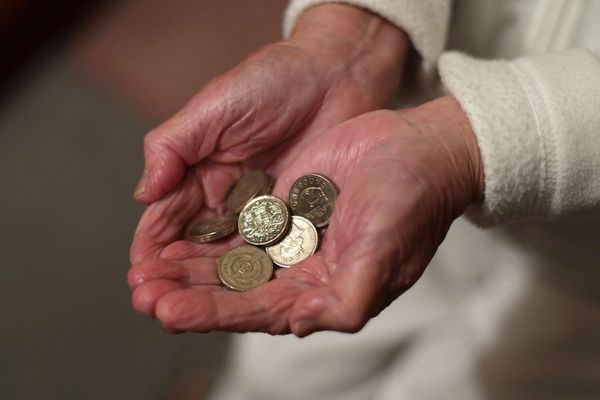The Food and Drug Administration authorized Pfizer's and Moderna's Covid shots for children as young as 6 months old Friday, but the vaccine stocks diverged.
The decision expands Covid shots to all but the youngest infants. Previously, Pfizer and its partner, BioNTech were authorized to vaccinate children as young as 5. Moderna's vaccine was available only to adults. The decision expands Pfizer's vaccine to children under age 4 and Moderna's to children age 6 months to 17 years old.
In addition, the FDA will allow immunocompromised children who received Moderna's shot to get a third dose at least one month following the second shot.
Next, the Centers for Disease Control and Prevention will meet Friday and Saturday to determine how to roll out the vaccines.
"Children need to live highly social lives to develop and flourish," Moderna Chief Executive Stephane Bancel said in a written statement. "With this authorization, caregivers for young children ages 6 months through 5 years of age finally have a way to safeguard against Covid risks in classroom and day care settings."
But on today's stock market, vaccine stocks diverged. Pfizer stock sank 2% to 46.53 as BioNTech shares toppled 3.1% to 125.14. Moderna stock jumped 5.7% to 128.03.
Vaccine Stocks: Comparable Antibodies
Earlier this week, advisors to the FDA voted unanimously to say the benefits of vaccinating children outweigh the risks. They also suggested the Moderna vaccine could give parents of children ages 6-17 another option. Previously, only Pfizer's shot was available to these children.
In the youngest children, both companies said their pediatric shots led to a similar level of antibodies as their comparable regimens in adults.
Pfizer's pediatric vaccine is given as three doses at one-tenth the adult dosage. The first two doses are three weeks apart with the third dose at least two months later. Moderna uses two doses a month apart. The pediatric shot is one-quarter the adult dosage. In children ages 6-11, it's a half-size dose.
Bullishly for both vaccine stocks, the risk of myocarditis and pericarditis — inflammation of the heart and tissue surrounding it — appears to be lower in the youngest children. The risk appears higher in teenage boys and young men.
Follow Allison Gatlin on Twitter at @IBD_AGatlin.







